Global Futures Scientists and Scholars
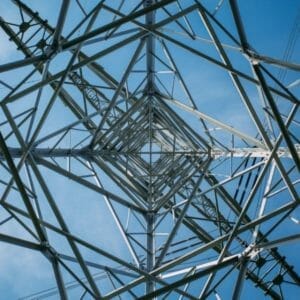
Who gets their lights back first if a cyberattack brings down the grid?
According to experts from ASU's Decision Theater, the United States needs a Continuity of the Economy plan to ensure we can reconstitute the economy in the wake of a devastating cyberattack.
Feb 22-26: Virtual Pacific Environmental Security Forum
The primary purpose of the PESF is to increase regional militaries' understanding of environmental security issues and their environmental stewardship obligations, and to coordinate efforts with civilian agencies and NGOs for whole-of-government and whole-of-society solutions.
Call for Proposals: Reimagining Leadership Together
Global Futures Laboratory will co-chair this year's International Leadership Association annual conference. The call for proposals is open. Submit by February 28.
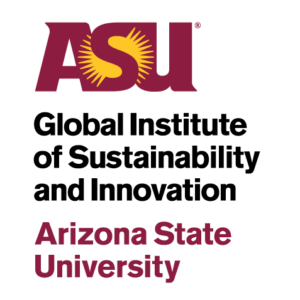
Center directors share recent highlights
A selection of highlights shared by center directors affiliated with the Global Institute of Sustainability and Innovation. Submit your center or initiative's highlights for possible inclusion in this Bulletin to [email protected].
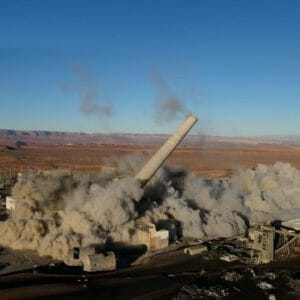
Video: Narrative has power in driving clean energy revolution
ASU and the American Resilience Project premiered a new film documenting the closing of the Navajo Generating Station, part of the "Current Revolution" series.
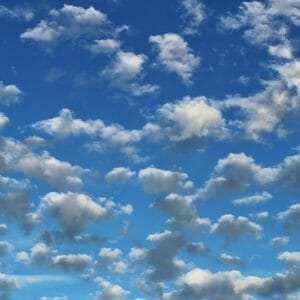
Feb 10: Carbon negative tech innovation event
Webinar will feature innovative technologies from the United States, Japan, and internationally that are capable of reducing and sequestering carbon across the built and natural environments.

ASU contributes to brief on federal recycling policy
With input from ASU's Walton Sustainability Solutions Service, the Consumer Brand Association’s Recycling Leadership Council on Feb. 4 released its blueprint on the federal government’s role in fixing the U.S. recycling system.
ASU climbs to sixth in national research rankings
Building on nearly two decades of unparalleled advancement, Arizona State University moved up to sixth out of 759 universities in the nation for total research expenditures among universities without a medical school, according to the latest National Science Foundation (NSF) Higher Education Research and Development (HERD) rankings.
Center for Imagination in the Borderlands awarded $4.2M
The Mellon Foundation grant will aid a mentorship program designed to reconfigure traditional academic structures and offer support to Indigenous scholars.
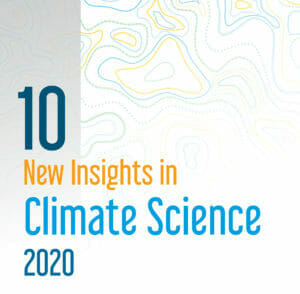
The Earth League launches 10 New Insights of Climate Science with UNFCCC
Unaccounted emissions from permafrost, threats to the land sink, impacts on mental health and freshwater, COVID-19 outcomes and rights-based litigation to address climate change are some of the most recent findings in climate change science summarized in the new report.
Feb 16: The Critical Role of Gender Equality in Leadership
In a YouTube livestream event hosted by Rotary in Great Britain and Ireland, Amanda Ellis will discuss the critical role of gender equality in leadership. The 40-minute session will take place Tuesday, February 16, from 12:05–12:45 p.m. MST.
Seeking ASU student applicants for TechCongress program
Informational call Jan. 27. Nominations are open for the TechCongress Congressional Innovation Scholars Program. The program pays an $60,000 annual-equivalent stipend and other benefits. Please nominate students and encourage them to apply by Feb. 5.